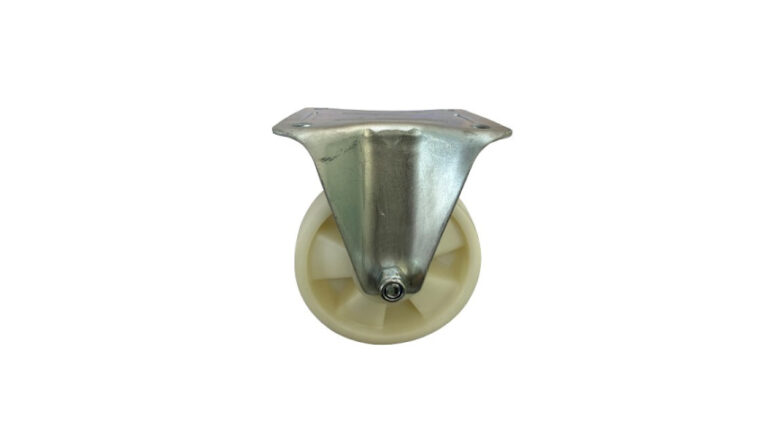Heavy-duty wheels play a crucial role in various industries, from manufacturing and logistics to construction and mining. These robust wheels are designed to withstand substantial loads and harsh environments, ensuring efficient movement of materials and equipment. However, their impact on the environment is a significant consideration in today’s world, where sustainability and environmental responsibility are increasingly important.
Introduction to Heavy-Duty Wheels
Heavy-duty wheels are typically made from durable materials such as steel, polyurethane, or rubber, depending on the specific application and load requirements. They are commonly used in industrial settings where equipment and materials need to be moved efficiently and safely. These wheels come in various sizes and designs, including caster wheels that provide mobility and maneuverability in tight spaces.
Environmental Concerns
1. Material Production and Resource Consumption:
The production of heavy-duty wheels involves significant energy consumption and resource extraction. Materials like steel and polyurethane require large amounts of energy during manufacturing processes. Steel production, for instance, contributes to greenhouse gas emissions and requires mining of iron ore and coal, impacting land and water resources.
2. Carbon Footprint:
Heavy-duty wheels contribute to the carbon footprint of industries due to transportation emissions and energy-intensive manufacturing processes. Carbon dioxide (CO2) emissions from steel production and transportation of wheels add to the overall environmental impact. Minimizing this footprint involves optimizing production processes and logistics to reduce energy consumption and emissions.
3. Waste Generation and Disposal:
At the end of their lifecycle, heavy-duty wheels may contribute to waste generation if not properly recycled or disposed of. Rubber and polyurethane materials can be challenging to recycle, potentially ending up in landfills or incineration facilities. Manufacturers and industries are exploring ways to improve recycling processes and develop more sustainable materials.
Sustainable Practices in Heavy-Duty Wheel Manufacturing
1. Material Selection:
Choosing sustainable materials for heavy-duty wheels can reduce environmental impact. Recycled steel and eco-friendly alternatives to traditional rubber and polyurethane are being explored by leading castor wheel manufacturer and exporter. These materials aim to maintain durability while minimizing resource use and emissions during production.
2. Energy Efficiency:
Implementing energy-efficient manufacturing processes and using renewable energy sources can reduce the carbon footprint of heavy-duty wheel production. Technologies such as energy recovery systems and optimized logistics contribute to overall sustainability efforts.
3. Lifecycle Management:
Designing wheels for durability and ease of maintenance can extend their lifespan, reducing the frequency of replacements and associated environmental impact. End-of-life strategies, including recycling and reuse programs, help minimize waste and resource consumption.
Industry Initiatives and Regulations
Governments and industry associations are increasingly focusing on regulations and standards to mitigate the environmental impact of industrial equipment, including heavy-duty wheels. These regulations aim to reduce emissions, promote recycling, and encourage sustainable practices across manufacturing and transportation sectors.
Conclusion
In conclusion, while heavy-duty wheels are indispensable in industrial operations, their environmental impact requires careful consideration and proactive measures. Manufacturers and industries are increasingly adopting sustainable practices, from material selection to lifecycle management, to minimize resource consumption, emissions, and waste generation. By prioritizing environmental responsibility and embracing innovative technologies, the heavy-duty wheel sector can contribute to a more sustainable future.
As heavy-duty wheel and caster wheel manufacturer continue to innovate, balancing efficiency with environmental stewardship will be key to meeting global sustainability goals and ensuring a thriving planet for future generations.

